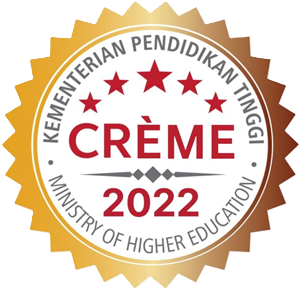THE GLUABILITY AND BONDING QUALITY OF AN ASIAN BAMBOO (DENDROCALAMUS ASPER) FOR THE PRODUCTION OF COMPOSITE LUMBER
Keywords:
Adhesive, pH, buffer capacity, bamboo quality, structural composite lumberAbstract
Malanit P, Barbu MC & Frühwald A. 2009. The gluability and bonding quality of an Asian bamboo (Dendrocalamus asper) for the production of composite lumber. The aim of this research was to determine the fundamental properties of Dendrocalamus asper and its suitability to be promoted as a raw material for the manufacture of composite lumber. The parameters studied were pH value, buffer capacity and bonding quality of bamboo strands using different adhesives. The pH and acid-buffering capacity, measured at three locations along the culm length, were 5.4 and 0.53 milliequivalents respectively. However, values from the different locations in the culm did not show any significant difference. The bonding quality of the bamboo strands was evaluated for three adhesives using a special device called an Automated Bonding Evaluation System (ABES). Three essential parameters were studied, namely, three types of glues (melamine formaldehyde, melamine urea phenol formaldehyde and phenol formaldehyde), four pressing temperatures (150, 170, 190 and 210 °C) and different pressing times (20 to 300 s). It was observed that bond quality was improved by increasing the hot pressing time and temperature. Results also showed that melamine formaldehyde was the best adhesive to bond bamboo strands.





